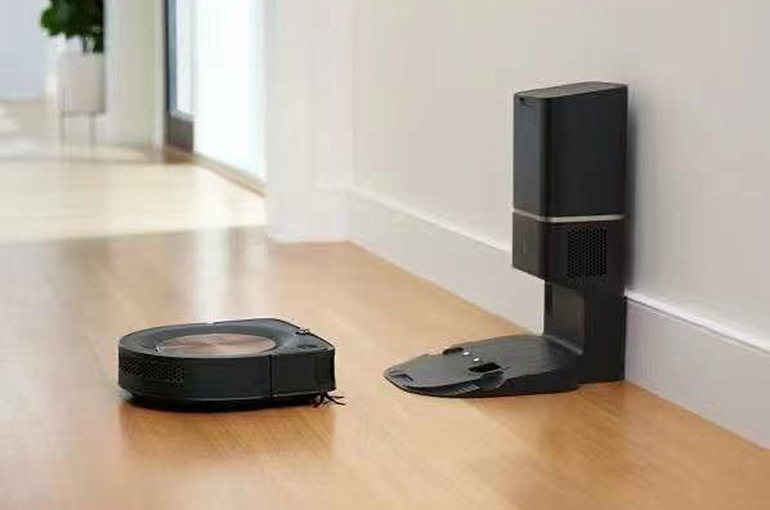 iRobot’s Chinese Cleaning Robot Market Share Keeps Shrinking After Relocating Supply Chain Outside China
iRobot’s Chinese Cleaning Robot Market Share Keeps Shrinking After Relocating Supply Chain Outside China(Yicai) Nov. 30 -- The share in the Chinese cleaning robot market of iRobot has further shrunk after the US cleaning robot giant relocated its supply chain outside of the country to cope with trade frictions between the world’s two largest economies.
IRobot was China’s ninth sweeping robot maker with an offline sales market share of nearly 0.1 percent of between Jan. 1 and Nov. 26, down 0.7 percentage point from a year earlier, according to data from Beijing All View Cloud Data Technology, a research institute focusing on the home appliance industry. The average price of the firm’s products fell nearly 40 percent to CNY2,275 (USD319).
Likewise, the share of iRobot in the Chinese online sales market plunged by 0.3 percentage point to just over 0.1 percent in the period, data from All View Cloud also showed. IRobot’s average online product price fell 8 percent to CNY2,190.
“Over the recent several years, iRobot’s market share in China has gradually narrowed and has reached nearly zero this year,” an industry insider told Yicai.
IRobot started relocating its supply chain to Malaysia from China in 2019 because of the impact of China-US trade frictions.
IRobot could suffer an annual loss of USD25 million because of the additional 10 percent tariffs imposed by the US on the import of Chinese sweeping robots, Chairman and Chief Executive Colin Angle told Yicai in February 2019. He also called on China and the US to find appropriate means to tackle the trade frictions as soon as possible.
Due to extra costs and pricing pressure brought by the transfer of supply chains, iRobot’s profitability continued narrowing in the following three years. The company’s net loss totaled USD286 million last year and USD162 million in the first half of this year.
Under operating pressure, iRobot signed an agreement with Amazon in August last year for the US e-commerce giant to purchase the cleaning robot maker for USD1.7 billion, which was later lowered to USD1.4 billion. The deal is still pending approval from the European anti-monopoly regulator.
Meanwhile, Chinese manufacturers of cleaning robots are rapidly developing. Ecovacs Robotics, the leader in the domestic market, achieved revenue of CNY7.1 billion (USD1 billion) in the first half of the year, significantly more than iRobot’s USD397 million. Beijing Roborock Technology, backed by Chinese handset giant Xiaomi, reported first-half revenue of CNY3.4 billion.
In recent years, Chinese cleaning robot manufacturers have been constantly innovating technologies for robotic vacuums, such as those for self-cleaning base stations, which have gradually outperformed those of overseas brands, said Ma Jia, a senior analyst at the Chinese home appliance business division of German market research and consulting firm Gfk. As of the end of last year, China’s home-grown sweeping robots accounted for 50 percent of the global market share, according to Gfk data.
Editor: Dou Shicong, Futura Costaglione